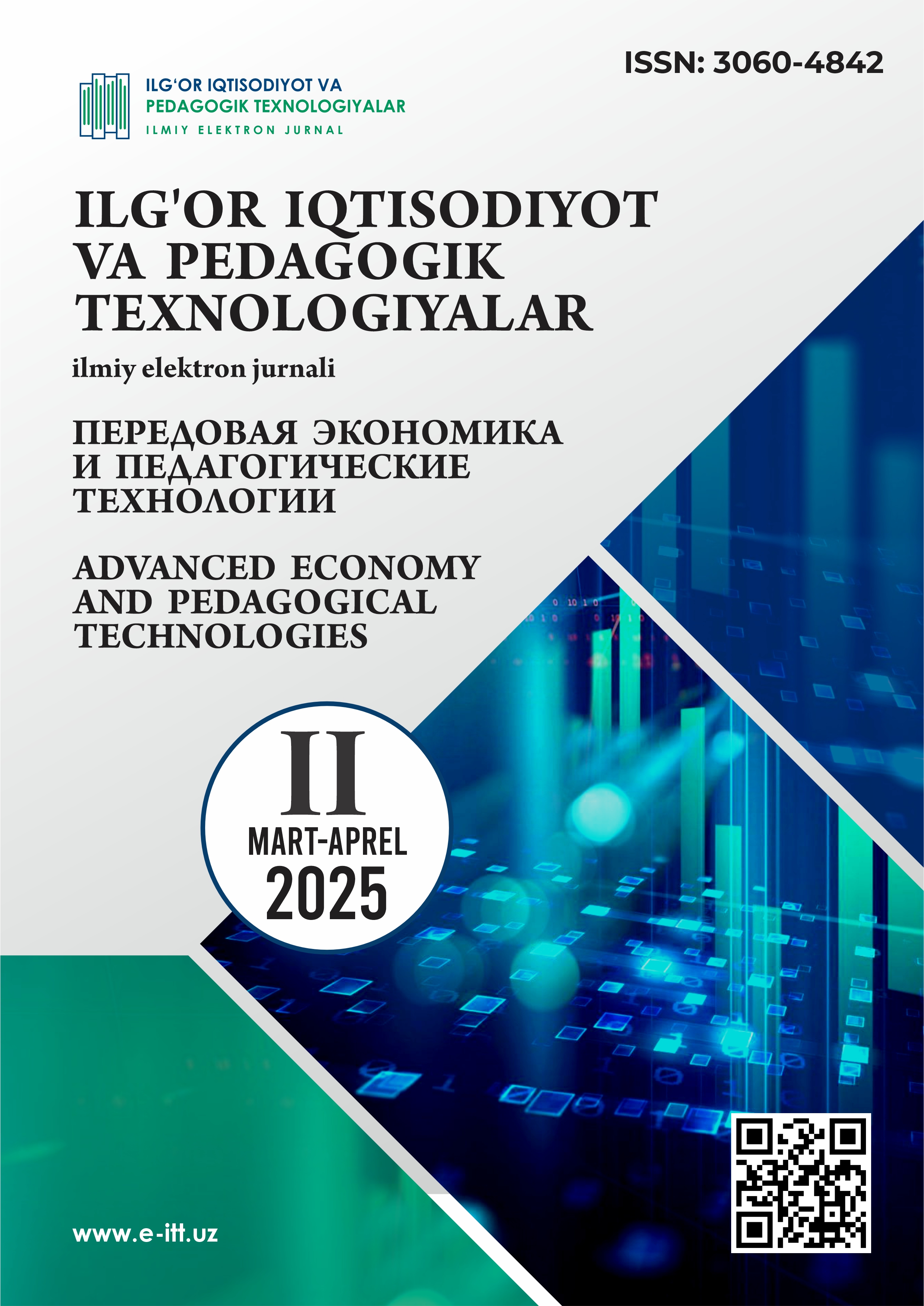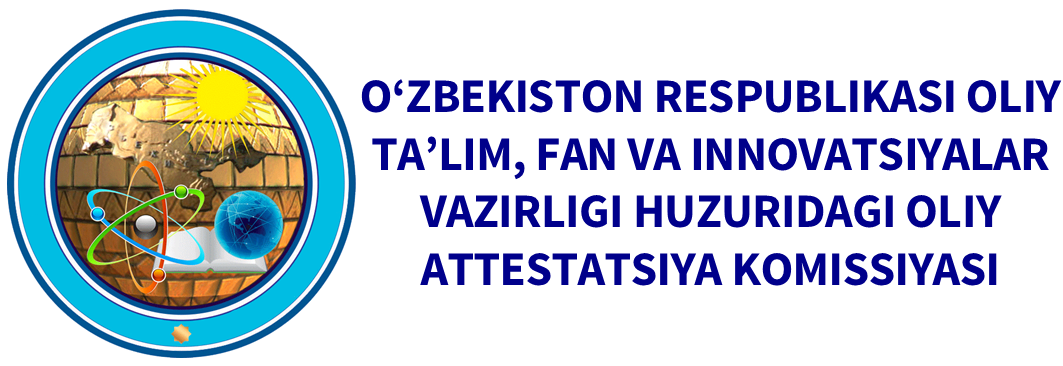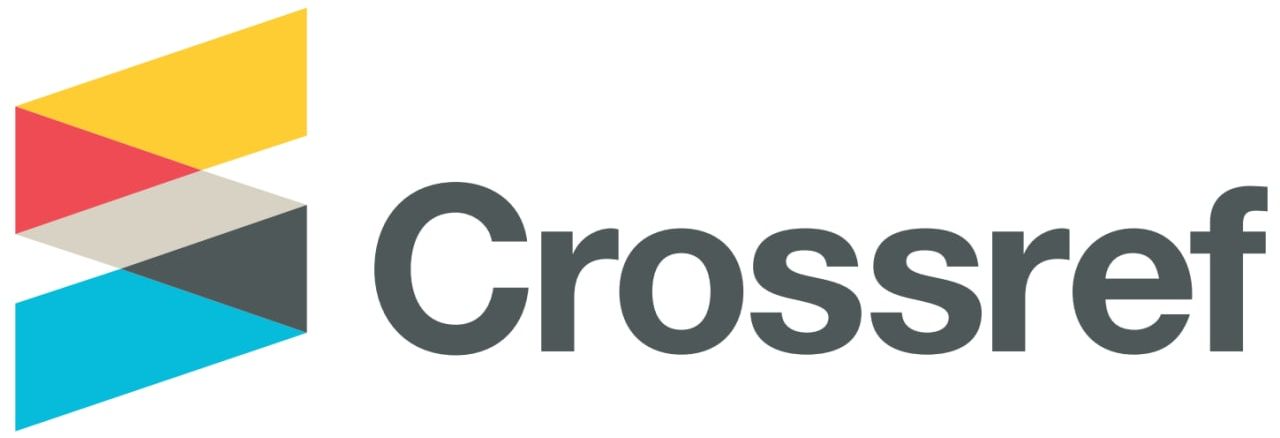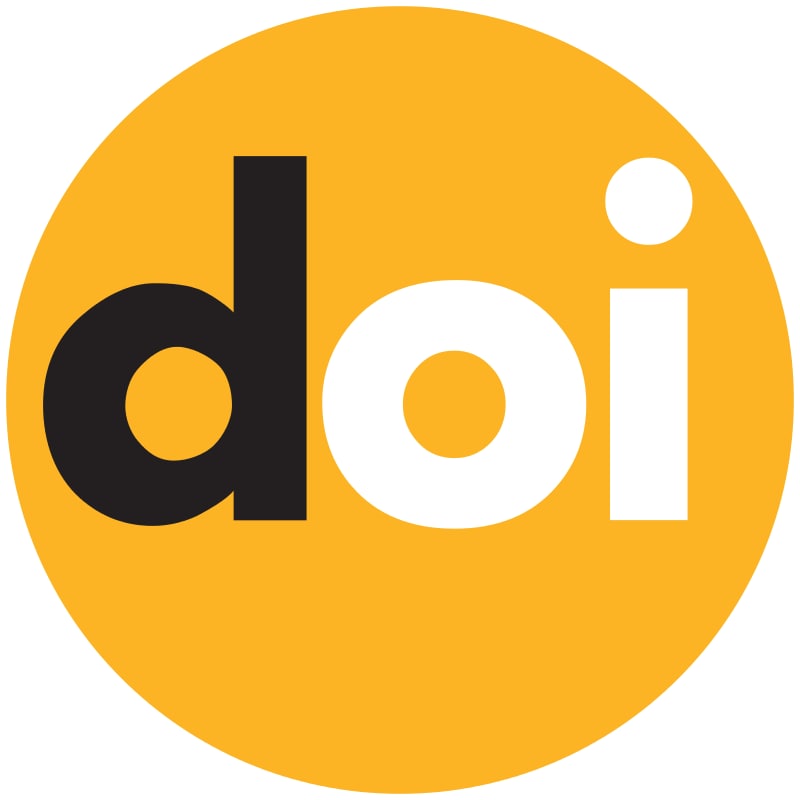MODERN METHODS OF ORGANIZING MANAGEMENT ACCOUNTING IN BUSINESS ENTITIES
DOI:
https://doi.org/10.60078/3060-4842-2025-vol2-iss2-pp874-882Abstract
In the modern global economy, changes in the market occur rapidly. As a result, the terms of updating products offered to the market by business entities have been reduced. The spread of new products in the markets and their constant improvement create problems for market participants associated with product innovations. The spread of technological progress throughout the world has led to the convergence of the quality and technical characteristics of products manufactured in different regions. In such circumstances, the role of costs in achieving a competitive advantage and sustainable development has increased. There is a need to use costs economically and manage them effectively. The use of modern cost management methods is a particularly urgent task for the purpose of effectively organizing costs and increasing the competitiveness of products. Today, scientists in developed countries have developed a number of modern methods of planning and managing costs, and a comprehensive study of these methods and their application to the activities of business entities is an important task. This scientific work attempts to understand the modern methods of cost management currently used.
Keywords:
cost organization strategic efficiency cost control costing by activity balanced scorecard cost accounting management control lean manufacturing philosophy , total quality management open-book managementReferences
Adeyelu, O. O., Ugochukwu, C. E., & Shonibare, M. A. (2024). The impact of artificial intelligence on accounting practices: Advancements, challenges, and opportunities. International Journal of Management & Entrepreneurship Research, 6(4), 1200–1210.
Ahmed, A., Abdulrahman, S. A., & Abd Ghani, M. B. (2019). Management accounting practices in many countries around the world: A review of the literature. IOSR Journal of Business and Management (IOSR-JBM), 21(2), 5–9.
Akao, Y. (2004). Hoshin Kanri: Policy Deployment for Successful TQM. Productivity Press.
Almquist, R., Grossi, G., van Helden, G. J., & Reichard, C. (2013). Public sector governance and accountability. Critical Perspectives on Accounting, 24(7–8), 479–487. https://doi.org/10.1016/j.cpa.2012.11.005.
Burns, J., & Baldvinsdottir, G. (2005). An institutional perspective of accountants' new roles – the interplay of contradictions and praxis. European Accounting Review, 14(4), 725–757. https://doi.org/10.1080/09638180500194171 .
Burritt, R. L., & Schaltegger, S. (2010). Sustainability accounting and reporting: Fad or trend? Accounting, Auditing & Accountability Journal, 23(7), 829–846. https://doi.org/10.1108/09513571011080144
Chartered Institute of Management Accountants (CIMA). (2020). Effective management accounting: Improving decisions and building resilient organisations. CIMA.
Deloitte. (2023). CFO Insights: The Digital Finance Revolution. Deloitte Insights.
Dlamini, B. (2024). A systematic literature review of management accounting research in small businesses: Trends and implications in the emerging economies. International Journal of Business Ecosystem & Strategy, 6(3), 150–159. https://doi.org/10.36096/ijbes.v6i3.525
European Management Accounting Network (EMAN). (2019). Survey Report on Management Accounting Trends. Presented at the 3rd International Scientific Conference – EMAN 2019: Economics and Management: How to Cope with Disrupted Times.
Galić, M., Popek Biškupec, P., & Galić, M. (2021). Assessment of management controlling in pandemic times. Economic and Social Development: Book of Proceedings, 5, 766–781.
Guilding, C., Cravens, K. S., & Tayles, M. (2000). An international comparison of strategic management accounting practices. Management Accounting Research, 11(1), 113–135. https://doi.org/10.1006/mare.1999.0120
Horváth, P. (2006). Controlling (11th ed.). München: Verlag Vahlen. Publisher: Vahlen Management Literature.
Institute of Management Accountants (IMA). (2021). 2021 Trends in Finance and Accounting. Montvale, NJ: Institute of Management Accountants.
International Integrated Reporting Council (IIRC). (2021). International Framework. International Integrated Reporting Council.
Joshi, P. L. (2001). The international diffusion of new management accounting practices: the case of India. Journal of International Accounting, Auditing and Taxation, 10(1), 85–109.
Kaplan, R. S., & Norton, D. P. (1996). The Balanced Scorecard: Translating Strategy into Action. Harvard Business Press.
KPMG International. (2023, February). Driver-Based Planning: Elevating FP&A. Retrieved from https://kpmg.com/ch/en/insights/transformation/superior-business-insights-driver-based-planning.html
Lin, Z. J., & Yu, Z. (2002). Management Accounting Practices in the People's Republic of China. In Management Accounting in the New Asia: From Traditional to Modern Approaches (pp. 123–143). Springer.
Nielsen, C., Bukh, P. N., & Mouritsen, J. (2010). Managing intellectual capital in Scandinavian firms: The implications for management accounting. Journal of Intellectual Capital, 11(4), 495–512.
Shank, J. K., & Govindarajan, V. (1993). Strategic Cost Management: The New Tool for Competitive Advantage. Free Press.
Susilawaty, T. E., & Lubis, N. I. (2023). Evolution of management accounting practices: A literature review. Enrichment: Journal of Management, 13(3), 1686–1694. https://doi.org/10.35335/enrichment.v13i3.1511
Xasanov B. (2013) Boshqaruv hisobi: Darslik/ Xasanov B., Xashimov A., Toshkent: Cho‘lpon nomidani NMIU, - 312 b.
Тейлор Ф.У. (1912) Научные основы организации промышленных предприятий. - СПб.
Эмерсон Г. (1972) Двенадцать принципов производительности труда. - М.: Экономика.
Downloads
Published
How to Cite
Issue
Section
License

This work is licensed under a Creative Commons Attribution 4.0 International License.







